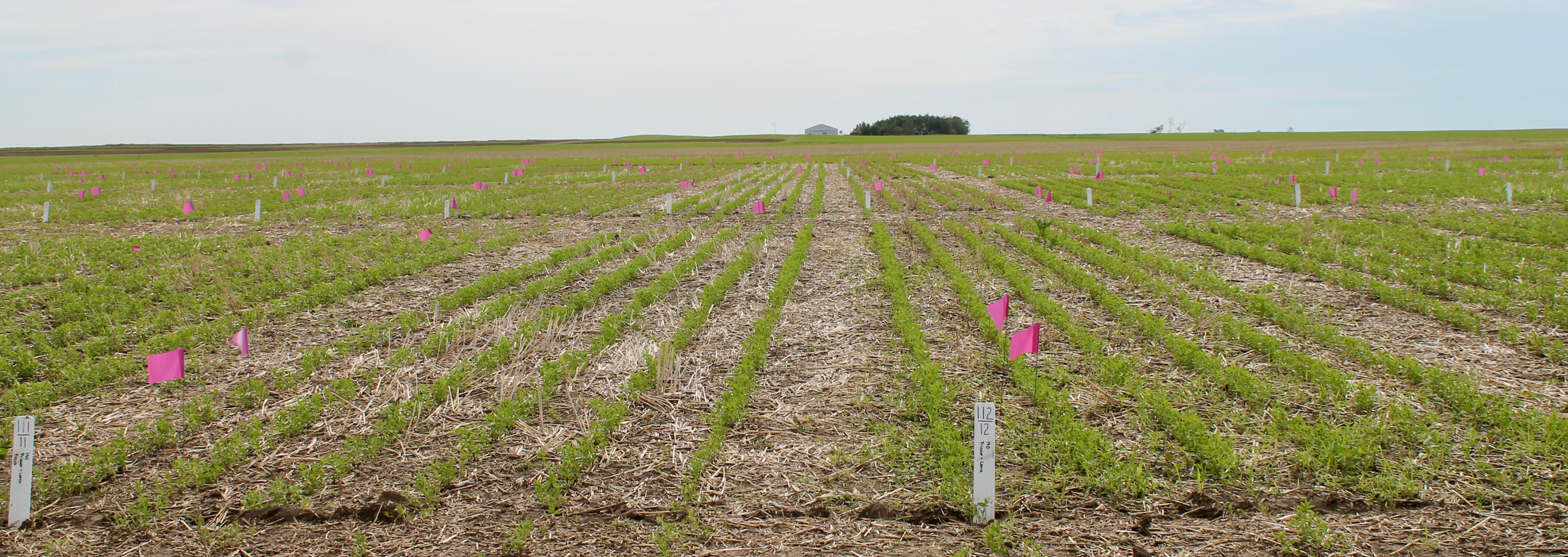Research conducted at Western Applied Research Centre (WARC) has determined which optimal agronomic practices would provide the best economic return to lentil producers.
The research study, led by Jessica Ens, General Manager with WARC, and co-funded by Saskatchewan Pulse Growers (SPG), was conducted over three years (2017 to 2019) in the locations of Scott, Outlook, Indian Head, Swift Current, Yorkton, and Saskatoon. Treatments that were evaluated included seeding rates (130, 190, and 260 seeds/m²), fungicide use (unsprayed, single application, dual application), and herbicide practices (preseed burn-off versus pre-seed residual), for a total of 18 individual input combinations.
“Saskatchewan produces almost all of the lentils grown in Western Canada. We know one of the major limiting factors for lentil production is effective weed control”, says Dave Greenshields, Director of Research & Development at SPG. “This project really intended to look at all of the agronomic recommendations available to lentil producers, and find the best combinations of all to provide optimal economic value to producers.”
Based on the results of this study, weed control was best when using a pre-seed residual herbicide in combination with a seeding rate of 190 seeds/ m². Together these two agronomic practices were effective in reducing weed biomass in lentils by 76%. Lentil yields were the highest at the 190 seeds/ m² seeding rate, and also resulted in higher net returns than the other two seeding rates, regardless of management strategy used. The highest net returns occurred with a seeding rate of 190 seeds/m², no fungicide, and a residual herbicide application.
“The results from this lentil input research study has pulled together all previous lentil production recommendations, and tested them in combination with one another to provide growers with the best package of information they can apply to their operations,” says Brad Blackwell, SPG Chair. “The resulting recommendations especially around seeding rates for lentils translates to improved yield and value for an already valuable crop in Saskatchewan, and is a strong an example of how research investment can provide immediate value to producers’ bottom line.”
The research was funded by SPG, Western Grains Research Foundation, and the Saskatchewan Agriculture Development Fund (administered by Saskatchewan Ministry of Agriculture). Click here to read the research summary.
For more information please contact:
Andrea Lauder
Communications Manager
Saskatchewan Pulse Growers
Cell: (306) 250-6858
Email: alauder@saskpulse.com
Lentil input study
Jessica Weber Western Applied Research Corporation
